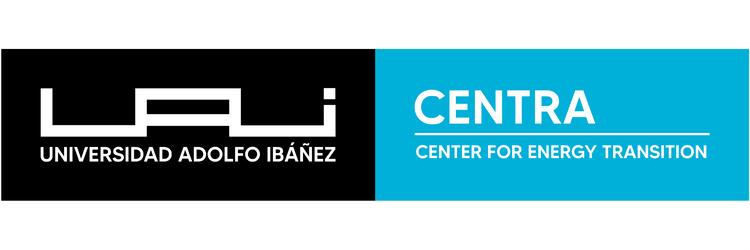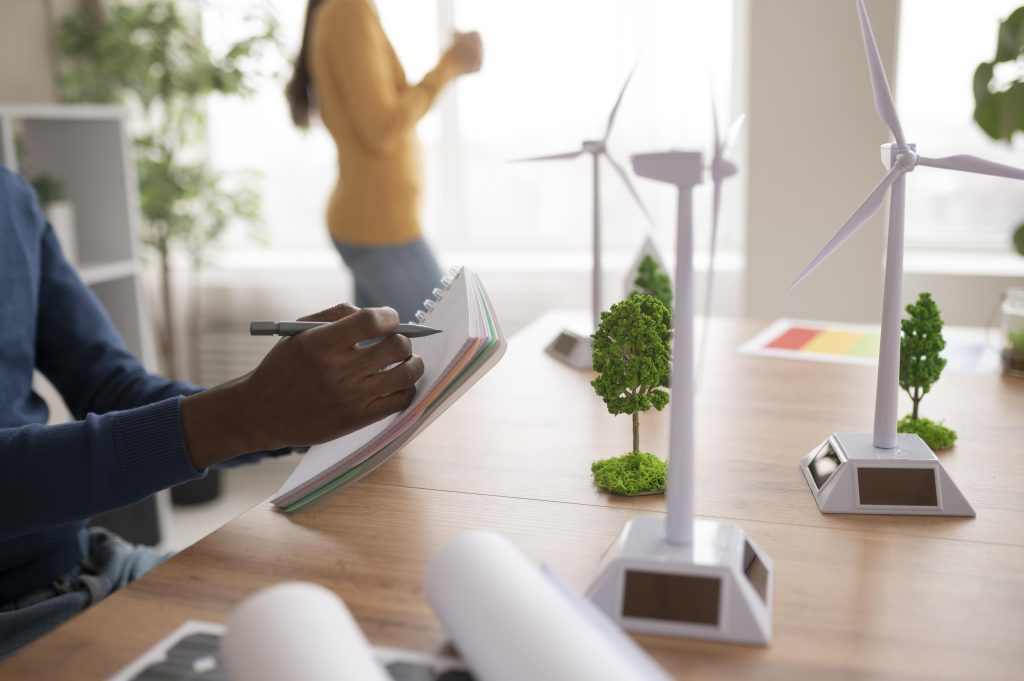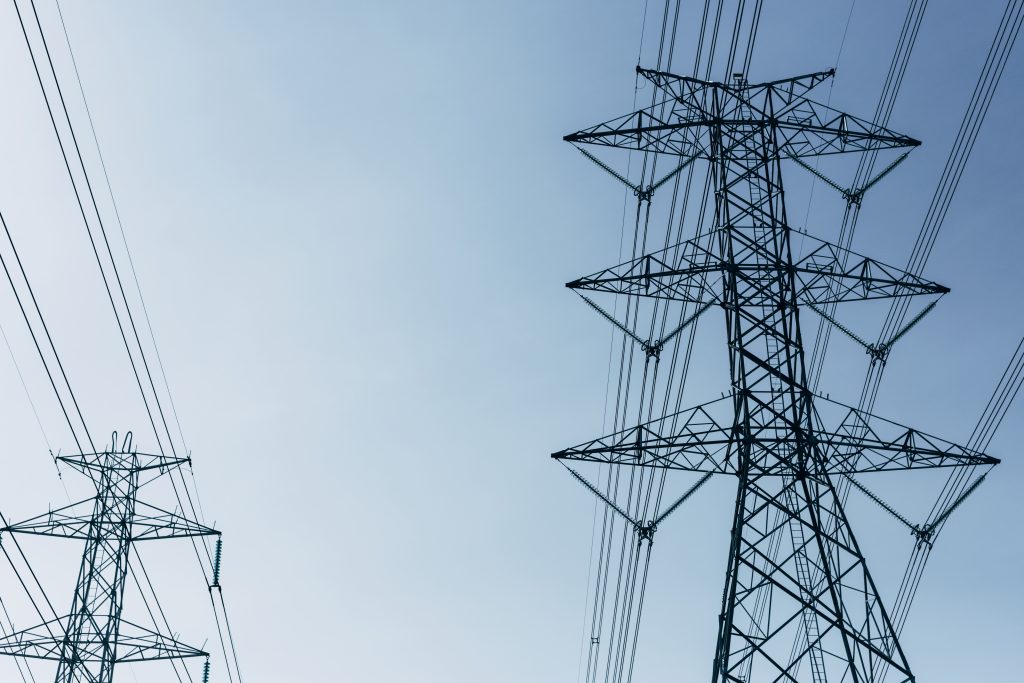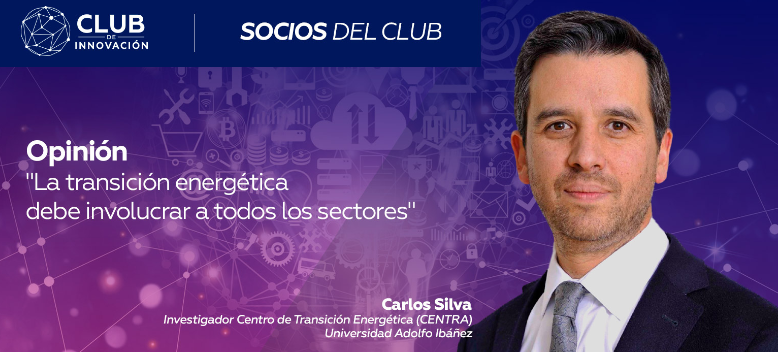The benefits of solar roofs
The benefits of solar roofs
March 5, 2023 Solar rooftops can be installed on commercial premises, public buildings, and homes, among other options. The installation of these systems reduces electricity use as they can be designed for self-consumption or to inject surplus energy into the grid. Additionally, they displace the use of fossil fuels in energy generation. IMPRESSIVE ARE the aerial views of the solar parks built in the Atacama…
Innovating by reducing CO2 emissions in Chile
January 27, 2023 What is humanity’s CO2 budget? What will be the consequences of climate change in Chile in the coming decades? Or, what has our country done to combat the climate crisis? Before addressing these questions, we must recognize our reality: we will not stop emitting CO2 in the short or medium term. Therefore, reducing our emissions requires implementing measures to compensate for them….
This is how the films that adhere to windows work to reduce heat
January 25, 2023 After seeing the temperature change in her office following the installation of solar control films, administrative assistant Soledad Pizarro decided to install them on two large windows in her living room. “From 12:30 to 5 p.m., the sun was relentless. We had to retreat to the kitchen,” she recalls. She spent $200,000. Now, she rarely uses the air conditioner and can spend…
The points that renewable energy, the other key player, must work on
January 25, 2025 Even though Chile is privileged in terms of renewable energy generation, achieving a 100% green energy matrix requires progress in flexibility, storage, and other areas. The solar radiation in the Atacama Desert and strong winds across the country make Chile uniquely positioned to generate solar and wind energy, complemented by hydropower. Together, these sources give Chile a substantial renewable energy generation capacity….
Project studies uncertainty over the use of renewable energy in the Chilean energy transition
January 11, 2023 Initiative Led by UAI Researchers Spanned Three Years and Involved $450 Million in Funding In December 2020, a group of academics and researchers from the Universidad Adolfo Ibáñez (UAI), Faculty of Engineering and Sciences, and the Business School won the Anillo Project ACT-192094. This initiative aimed to study the adaptation of Chilean energy systems to climate change by analyzing the use of…
Researchers conclude that clean generation technologies provide flexibility to the SEN
January 10, 2023 Using mathematical tools, Francisca Jalil and Eduardo Álvarez from ISCI studied how the joint action of CSP-TES and BESS systems, among other options, contributes to the energy system. The reliance on fossil fuels for energy production has created an urgent need to transition to a decarbonized energy matrix. But is this possible, and are the necessary measures being taken in this process?…
White roofs, the strategy to lower the temperature of houses
December 28, 2022 “Reducing indoor temperatures by 5°C to 10°C can significantly enhance living comfort,” highlights a specialist. Could this work in Chile? In the Indian city of Ahmedabad, a family spent about $135 (roughly $120,000 CLP) to paint the 7.5 square meters of their home’s concrete roof white. With no windows, the house reached nearly 46°C during the hottest periods, making it nearly uninhabitable….
CENTRA UAI and OECD hold seminar to assess the transition to the circular economy
December 28, 2022 “The Economic Aspects of Transitioning to a Circular Economy” was the focus of a seminar held by the UAI Energy Transition Center (CENTRA) in collaboration with the Organization for Economic Cooperation and Development (OECD). The event aimed to evaluate and propose efforts by various countries, including Chile, to transition toward a production model emphasizing reuse, repair, renewal, and recycling of existing materials…
Column by Cristián Araya M.: Framework Law on Climate Change: A matter of principles
December 12, 2022 “…Represents a transformation that will bring significant opportunities for the country…” This is how the current Minister of the Environment, Maisa Rojas, described the Framework Law on Climate Change (LCC) during a Senate Environment Committee session when she served as an advisor to the committee. This transformation could soon become a reality once the LCC is fully implemented. With its ambitious and…
Carlos Silva, Centra UAI: «The energy transition must involve all sectors»
December 12, 2022 Energy transition is a key focus for CENTRA at Universidad Adolfo Ibáñez, which is dedicated to interdisciplinary research and knowledge transfer to drive a profound transformation toward a low-carbon economy. To learn more, Club de Innovación interviewed Carlos Silva, Ph.D. in Electrical Engineering and a researcher at CENTRA, who shared his insights on the topic. A Broader Scope for Energy Transition Silva…









